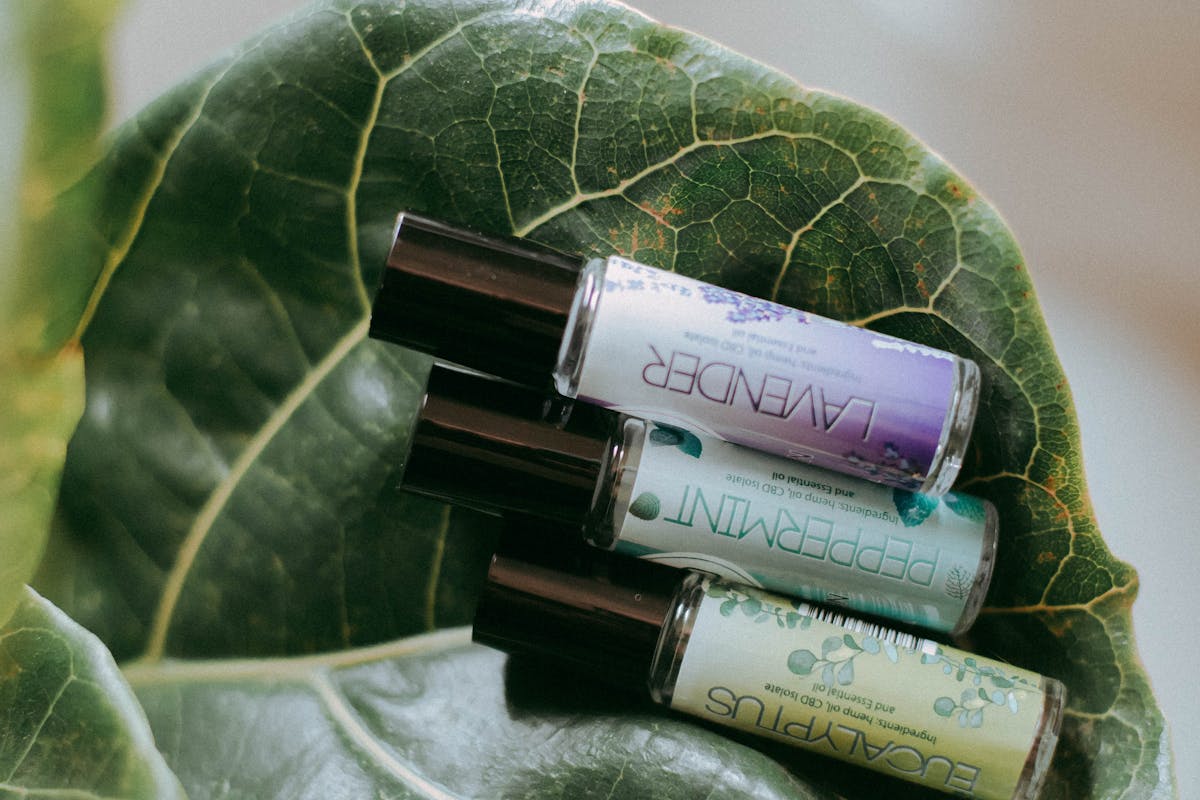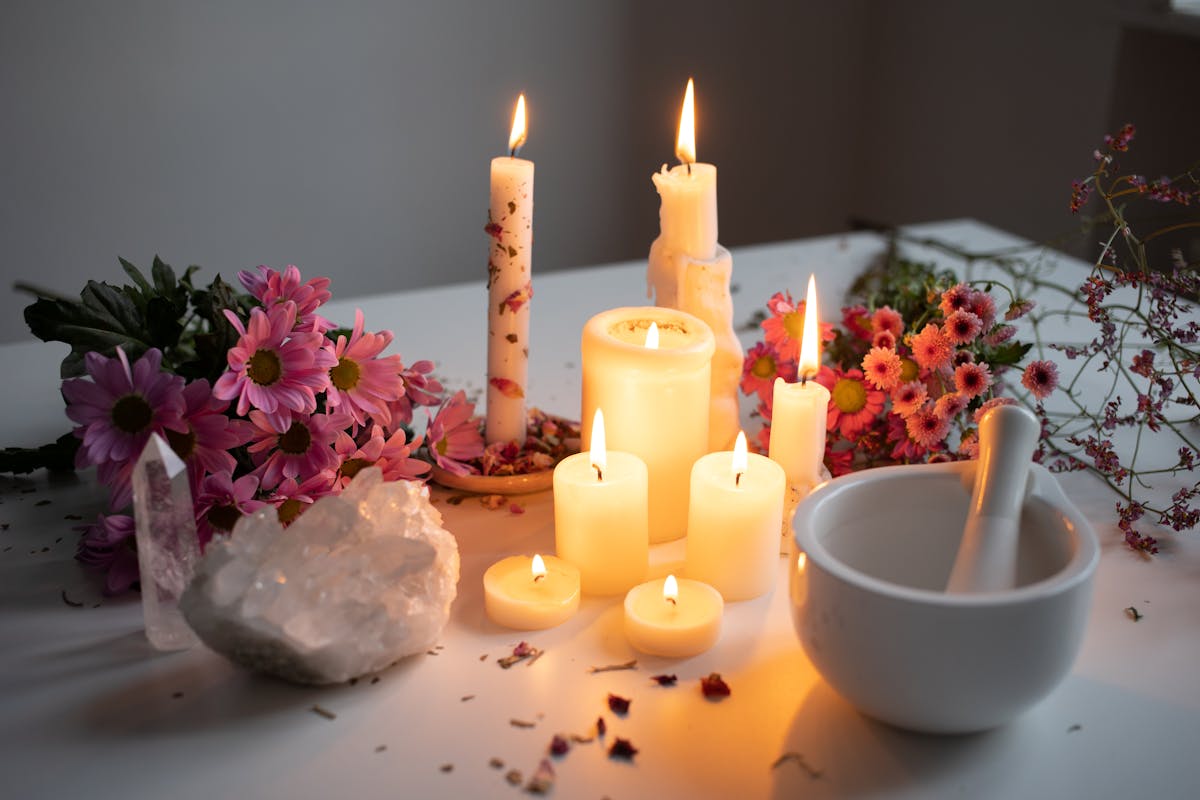Harnessing the Power of Aromatherapy for Emotional Wellness

- Aromatherapy uses plant-based essential oils to improve emotional health and maintain balance.
- Essential oils can reduce stress, enhance mood, relieve anxiety, and improve sleep when used safely.
- Usage guidelines include dilution, allergy testing, and consultation with professionals for certain conditions.
- Methods like diffusers, inhalation, and topical application offer versatile options for incorporating aromatherapy.
In the current age of self-care and holistic healing, the ancient art of aromatherapy has emerged as a soothing balm for many seeking emotional well-being. With its roots tracing back to ancient civilizations, aromatherapy, a therapeutic practice that uses the natural, aromatic essences of plants to promote health and harmony of the body, mind, and spirit, is not just a trend but a time-tested approach to maintaining emotional balance. Many people in advanced nations like Singapore, Japan, and the United Kingdom are embracing this practice for its calming effects and potential to heal physical ailments. This comprehensive guide delves into how aromatherapy can effectively be harnessed to enhance emotional wellness and improve overall quality of life.
Understanding Emotional Wellness
Emotional wellness isn’t fully defined by the absence of mental health conditions but by the presence of a healthy emotional state. It encompasses recognizing and effectively managing stress, having positive relationships, managing life’s ups and downs, and making time for relaxation and enjoyable activities. Emotional well-being is vital because it heavily influences behavior, the way you think, the quality of your relationships, productivity, creativity, and your physical health.
Aromatherapy Basics
Aromatherapy employs plant-derived essential oils to enhance mood and overall health. An essential oil is distilled from the leaves, stems, flowers, bark, or roots of herbs, shrubs, and trees, and each essential oil contains natural chemicals that can provide therapeutic benefits. These oils work in a variety of ways: through inhalation, through being absorbed by the skin, and sometimes, even through ingestion (though this method requires extreme caution and is not recommended without professional guidance).
Benefits of Aromatherapy for Emotional Wellness
The therapeutic use of essential oils has many benefits for emotional health. Whether it’s to reduce stress, elevate mood, alleviate anxiety, or improve sleep quality, aromatherapy offers a natural and pleasant way to support emotional well-being.
Stress Reduction
Certain scents can significantly reduce cortisol, the stress hormone, in the blood. Oils like lavender, rose, and bergamot are known for their calming properties, helping to relieve stress and induce a sense of peace and relaxation.
Mood Enhancement
Scents like citrus, particularly bergamot and yuzu, can uplift the spirits and enhance mood. Their fresh and invigorating aromas are known to combat feelings of depression and lethargy, promoting a more positive mental state.
Anxiety Relief
For those dealing with anxiety, essential oils can serve as a powerful tool in the management of symptoms. Oils such as chamomile, clary sage, and frankincense are commonly used to reduce worry and unease, promoting a calmer state of mind.

Improved Sleep
Sleep and emotional wellness are closely intertwined. By creating a relaxing atmosphere, oils like lavender, cedarwood, and sandalwood can aid in falling and staying asleep, improving overall rest quality.
Safety Considerations
While aromatherapy is generally safe, there are important guidelines to follow to ensure safe usage. Carrier oils should be used to dilute essential oils before putting them on the skin to avoid irritation. Some oils can trigger allergies or sensitivities, so performing a patch test before general use is crucial. If you have respiratory conditions or are pregnant, it’s essential to consult with a professional, such as an Ear, Nose, and Throat (ENT) specialist, before using essential oils. An ENT specialist at Mount Elizabeth Novena can provide expert advice on safe and effective aromatherapy practices.
Effective Essential Oils for Emotional Wellness
Certain essential oils stand out for their specific contributions to emotional well-being. They can be transformative allies in your quest for tranquility and balance when used correctly.
Lavender for Relaxation
Arguably the most versatile of all essential oils, lavender is celebrated for its calming and sedative effects. A staple in aromatherapy, lavender can help reduce anxiety, restlessness, and insomnia symptoms.

Bergamot for Mood-Boosting
With its delightful citrus scent, bergamot is a powerful anti-depressant oil. It can help combat feelings of despair and grief and is also used to improve symptoms of Seasonal Affective Disorder (SAD).
Chamomile for Anxiety Relief
Roman and German chamomile varieties are admired for their calming effects on the nervous system. They can be helpful in the management of anxiety, stress, and irritability.
Frankincense for Grounding
Known for its earthy and uplifting aroma, frankincense has tranquil and mind-clearing properties. It is often used in meditation and yoga to deepen the meditative state.
Methods of Aromatherapy Application
Aromatherapy can be incorporated into daily routines through several methods, each offering its own set of benefits.
Diffusers
Diffusers disperse essential oils into the air as a fine mist, increasing the concentration of oils in the environment. This method is excellent for mood enhancement and stress relief.
Inhalation
Direct inhalation, such as breathing in the scent from the bottle or adding a few drops to a cotton ball, allows the oil molecules to reach the brain quickly, affecting the limbic system, which governs emotions and memories.
Topical Application
Mixing essential oils with a carrier oil, such as jojoba or coconut, and applying the blend to the skin can provide a more localized, yet potent, effect. This is an effective method for relief from muscular tension or stress.
Aromatherapy is an accessible and delightful way to enhance emotional well-being. By understanding the basics, ensuring safety in usage, and selecting the most effective oils and application methods for your needs, you can enjoy the full spectrum of benefits that aromatherapy offers. Whether it’s a quick pick-me-up during a busy day or a part of your evening relaxation ritual, the scents of essential oils can be a powerful support mechanism in your journey toward a more emotionally balanced and fulfilled life.
